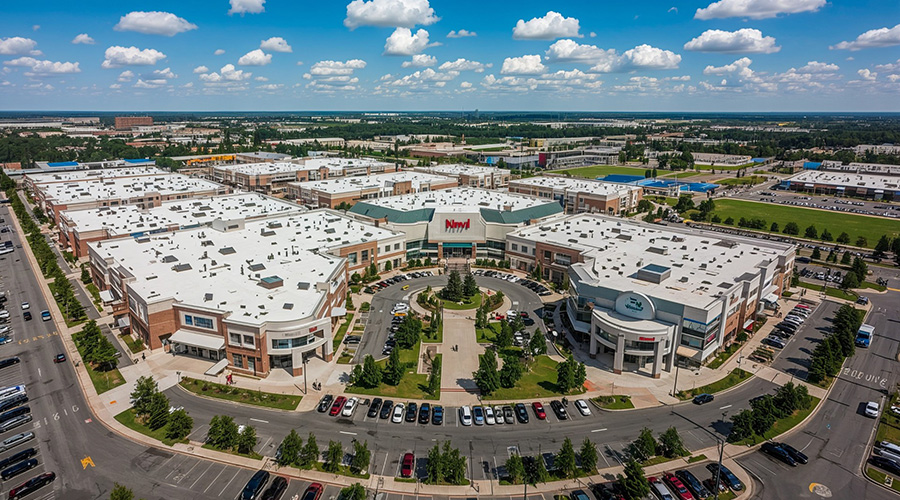Schneider Electric, a global specialist in energy management and automation, announced the Schneider Electric Uniflair™ LE Room Cooling series of solutions has received the Department of Energy’s (DOE) certification for energy efficiency. In a continued commitment to energy efficiency in the data center environment, Schneider Electric’s Uniflair LE was designed to offer any data center environment a sustainable cooling solution and received DOE certification under the new standards that encourage the deployment of green technologies. Schneider Electric is committed to providing products that meet DOE requirements, and in turn, the same guidelines held by the California Energy Commission (CEC), based on the “Appliance Efficiency Standards” from the DOE.
With the utilization of highly efficient electronically commutated (EC) fans, intelligent controls and optimization during part-load operation, the Uniflair LE exceeds new and future energy standards. By combining cutting-edge technology to optimize energy and environmental sustainability, the Uniflair LE perimeter units provide efficient cooling for any data center environment, with a low cost of ownership through economization and smart operation, all while maintaining a compact footprint. Additionally, the Uniflair LE Precision Cooling units are completely configurable to meet and adapt to any application for continuous and reliable operation.
“As a company founded on the principle that everyone should have access to safe, reliable and efficient, energy, we continue to provide the most environmentally-conscious and cost effective solutions to our customers in all facets of our evolving business,” said John Niemann, Director of Cooling Product Management, Schneider Electric. “The DOE energy efficiency certification is critical to demonstrate our commitment to providing customers with green solutions. Helping our customers reduce energy waste is at the forefront of what we do, so we’re especially pleased to be working with both the DOE and CEC to do our part and ensure that the industry is moving toward a more sustainable future.”
The DOE has regulated the energy efficiency levels of computer room air conditioners (CRACs) since 2012 to encourage the advancement of green solutions and has developed uniform test methods for the measurement of energy efficiency. The new DOE energy efficiency certification requirements establish a balanced standard that meets the need to decrease energy consumption, while also reducing operating costs for end-users. Schneider Electric’s Uniflair LE Room Cooling series of leading edge precision cooling solutions meet DOE energy efficiency standards and can further optimize data center environments, while lowering total cost of ownership and reducing a data center’s carbon footprint. For more information, please visit www.schneider-electric.com.

 Healthcare Is the New Retail
Healthcare Is the New Retail Bridgeway Behavioral Health Services Launches Campaign to Renovate Health Center
Bridgeway Behavioral Health Services Launches Campaign to Renovate Health Center Ground Broken for New North Dakota State Hospital
Ground Broken for New North Dakota State Hospital AI Usage for Healthcare Facilities
AI Usage for Healthcare Facilities Ground Broken on Pelican Valley Senior Living Modernization Project
Ground Broken on Pelican Valley Senior Living Modernization Project